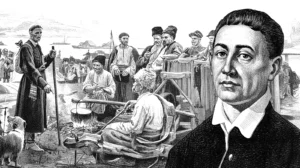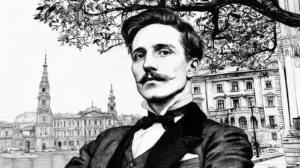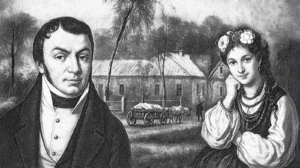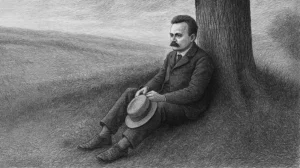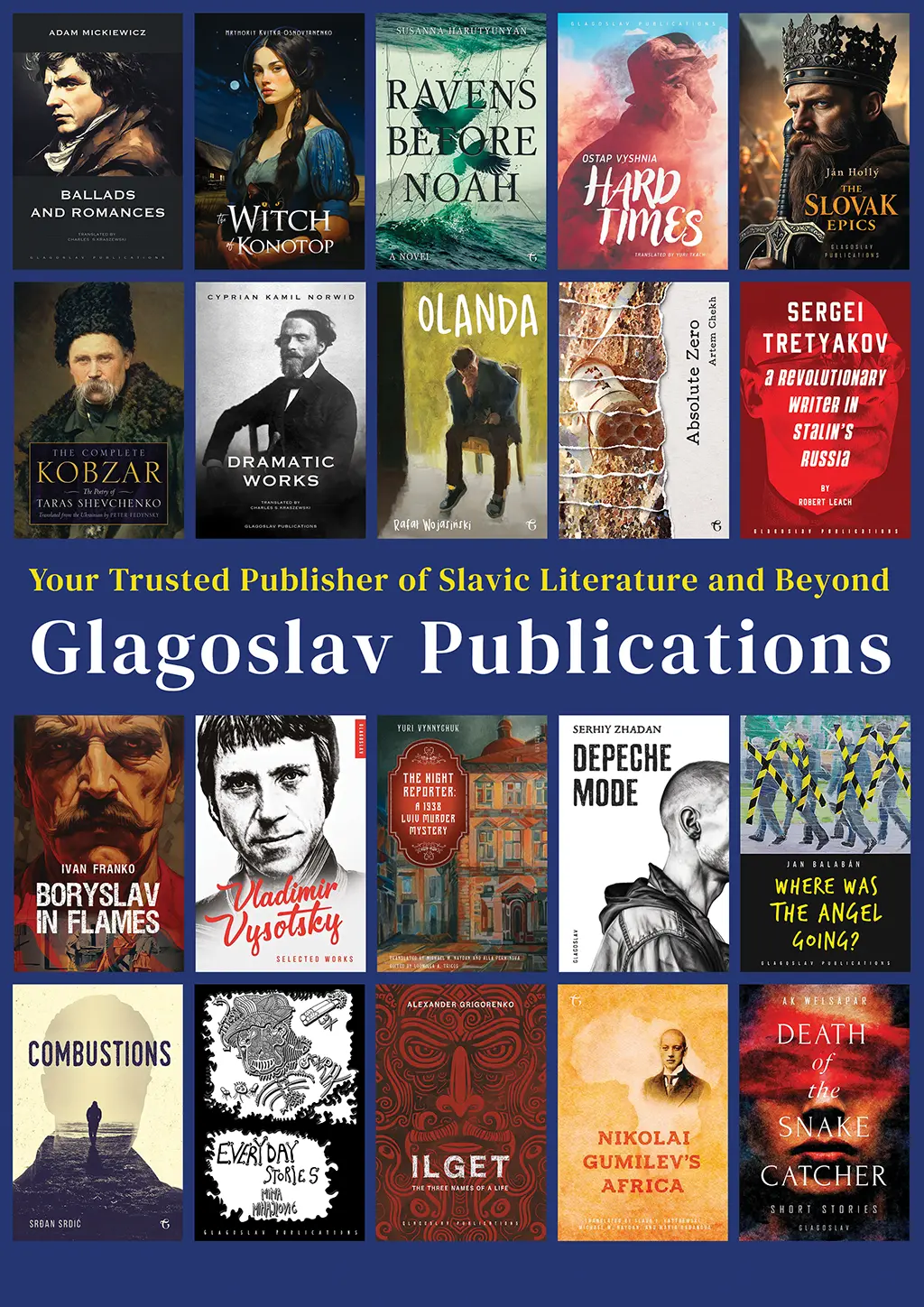Our Blog

The Pen as a Sword: How Panteleimon Kulish Forged Ukraine’s Literary Identity
Table of Contents
- From Humble Beginnings to a National Voice
- The Black Council: Writing a Nation into Existence
- The Architect of a Language: The ‘Kulishivka’ Reform
- A Romantic with a Political Fire
- The Lasting Echo of Panteleimon Kulish
Imagine a culture on the brink. Its language was dismissed as a dialect, and its history was fading under an empire’s shadow. However, one man dared to change that with little more than his intellect and a quill. That man was Panteleimon Kulish. He was a key figure in 19th-century Ukrainian Romanticism. In fact, his work did more than tell stories; it helped build a nation.
From Humble Beginnings to a National Voice
Panteleimon Kulish was born in 1819 to a Cossack-gentry family with little money. Because of this, his early life was full of challenges. Financial hardship was a constant companion. Although he enrolled at Kyiv University, social barriers ultimately prevented the non-noble student from finishing his degree. These setbacks, however, only seemed to fuel his fire.
Instead of being deterred, Kulish immersed himself in the culture of his time. He saw a people whose identity was eroding under Imperial Russia. Therefore, he believed the path to “spiritual independence” lay in literature. To Kulish, a writer was more than an entertainer. He saw the writer as a figure who could transform a “humiliated mass” into a “conscious nation.”
The Black Council: Writing a Nation into Existence
Every national literature has its watershed moments. For Ukraine, one of the most significant was Kulish’s masterpiece, The Black Council (Chorna rada). Published in 1857, readers and critics celebrate it as the very first historical novel in the Ukrainian language. This was certainly no small feat.
The novel is a sweeping epic of political intrigue and betrayal. It is set during the turbulent 17th-century Cossack era. Kulish wove together fictional characters with real historical figures. By doing so, he did not just write a book; he reclaimed a piece of Ukraine’s past. He presented history with a nuance that defied the empire’s simplistic stories.
The Architect of a Language: The ‘Kulishivka’ Reform
Kulish’s vision also extended far beyond storytelling. A national literature could not flourish in a suppressed language. For this reason, he decided he would reform the language itself. His answer was both radical and brilliant.
He developed a new phonetic spelling system, the “Kulishivka.” Its genius lay in its simplicity. He created an alphabet that matched the sounds of spoken Ukrainian. As a result, the language became more accessible for everyone. This was a bold move that aimed to elevate Ukrainian to a language of art and intellect. In fact, this system formed the basis of the modern Ukrainian alphabet, a testament to his incredible foresight.
A Romantic with a Political Fire
As a key figure in Ukrainian Romanticism, Kulish linked art with national awakening. Romantics across Europe wrote of sublime landscapes and tormented heroes. However, Ukrainian Romantics were doing something more. They used folklore, history, and poetry to build a distinct national identity.
Kulish was at the heart of this movement. He championed folk traditions as the soul of the nation. Consequently, his work was deeply political and an act of cultural assertion. He believed in a gradual cultural evolution, driven by intellectuals. This philosophy sometimes put him at odds with more revolutionary figures. Despite this, his commitment to a cohesive Ukrainian narrative never wavered.
The Lasting Echo of Panteleimon Kulish
Today, the works of Panteleimon Kulish continue to resonate. He was a novelist, poet, historian, translator, and language reformer. In short, he was a true Renaissance man of Ukrainian letters. He translated Shakespeare and the Bible and also wrote influential grammars for schools.
His legacy lives not just in books, but in the very language they use. He gave Ukrainian literature the tools it needed to survive and flourish. Because of this, he created a foundation for future generations. Cultural identity remains a fierce battleground in our world. For that reason, Kulish’s story is a powerful reminder. It shows that telling your own story, in your own words, is a truly revolutionary act.
This article is an interpretive piece based on historical sources. The generated report that formed its basis can make mistakes. For more detailed academic information, please consider checking important sources like the Stanford University Open Virtual Assistant Lab report or the Internet Encyclopedia of Ukraine.
Related articles
Latest articles
